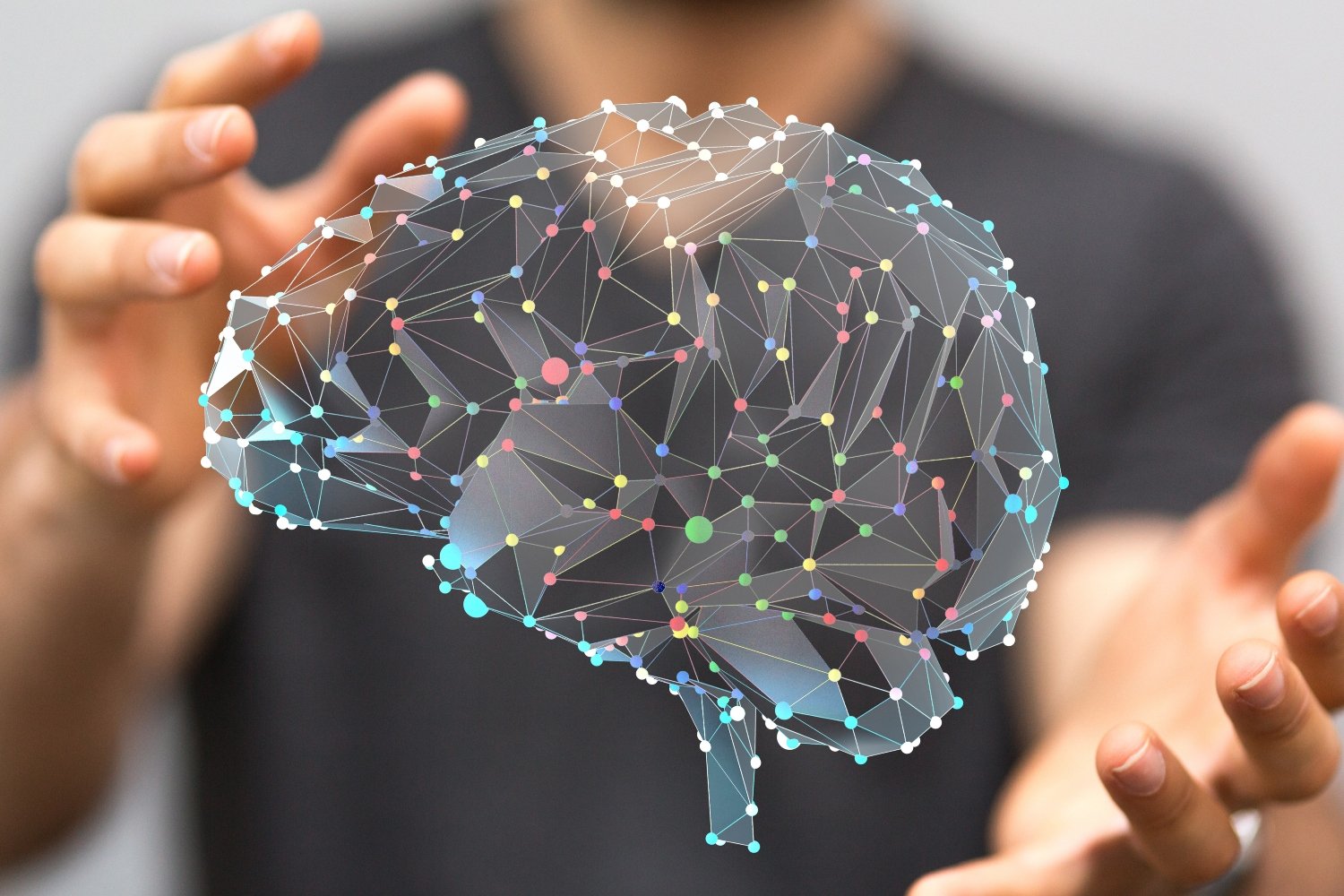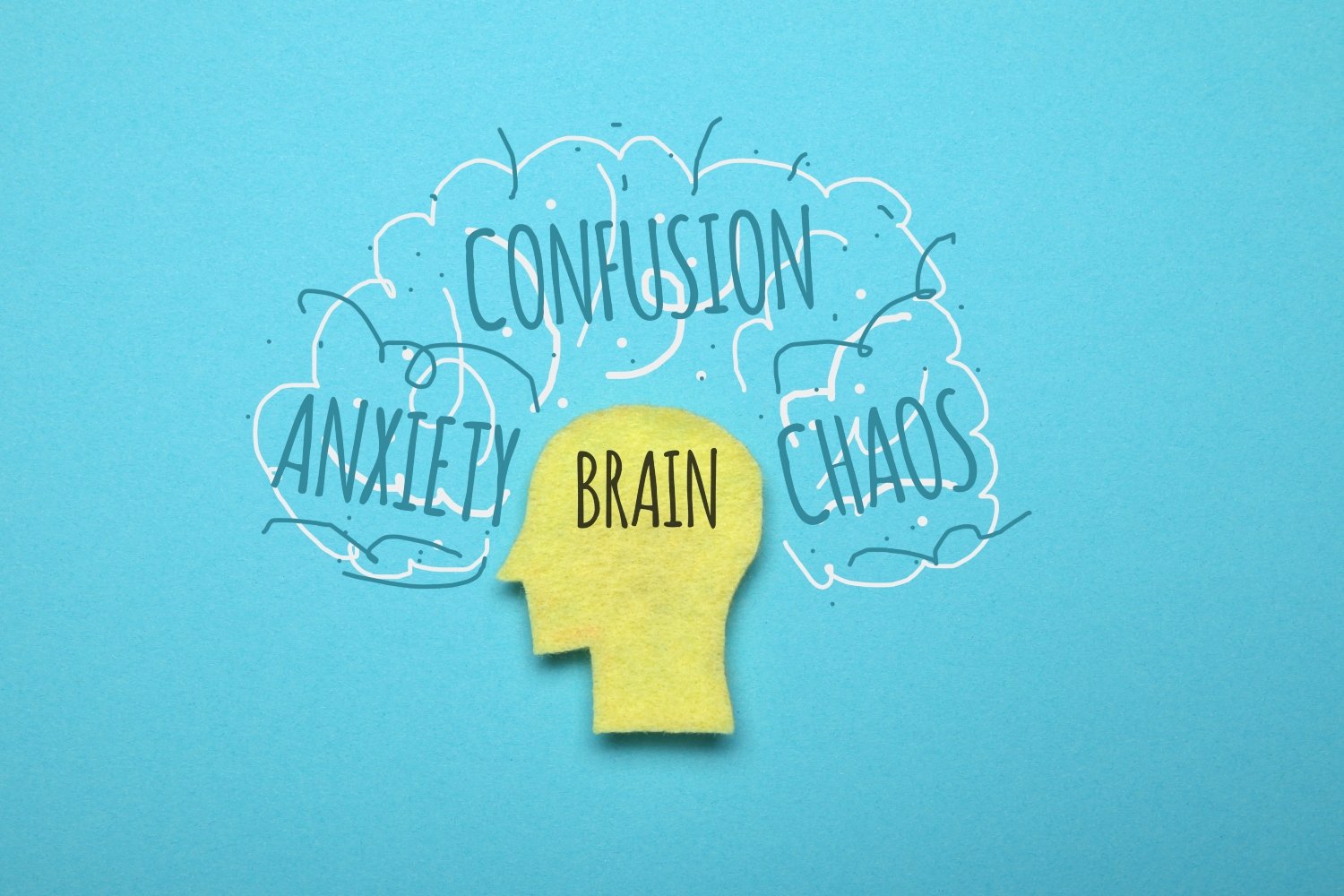What the pain in your body is trying to tell you
What do we mean when we say that we are in pain?
Most of the time, it’s a sensation in the body, a signal that tells us that something is wrong. However, not all pain comes from an injury or physical distress. Some of it is created by the mind to alert us to deeper mental processes.
To understand psychosomatic pain, we first need to understand what pain is and how it works.
What is pain?
Pain has evolved as a mechanism to protect the human body – and the psyche. While every person knows what pain is, it is also an incredibly complex field of study for scientists.
Pain can range from a nuisance, like a slight headache, to a debilitating sensation that prevents movement, like a broken leg.
It isn’t always tied to physical damage: we know this because of phantom limb pain. It can be experienced as dull or sharp, throbbing or pinching, acute or chronic.
Importantly, pain can affect our psychological well-being, and seep into our work and personal relationships.
How do we feel pain?
Pain originates in the brain. That may seem counterintuitive: if you twist your ankle, isn’t the pain coming from your foot? The short answer is “no.”
Your brain receives information about a change that has taken place – unusual pressure, temperature, or something strange detected by your senses.
Based on the information it already has – that is, your experience – it sends us pain signals so that we change our actions.
In the example above, the pain would tell us not to place our weight on the injured foot. The swelling would tell us to take a rest, apply some ice and see a doctor.
The brain is a regulator of pain – and the experience of pain. It can evaluate the danger signals and determine them to be truly dangerous, escalating the pain it perceives, or not as dangerous, decreasing the experience of pain.
However, because the process is complex and many regions of the brain are involved, how a person experiences pain varies between individuals, and even within the same person.
If your brain thinks you are safe, the body will likely decrease the pain and discomfort you are experiencing.
Local anaesthesia can turn off the pain detectors, and therefore we experience no pain when, for example, we undergo a small surgery. But what happens if the pain is caused by your emotions?
The mind/body connection to pain
Psychosomatic pains are physical symptoms that are unrelated to a medical illness. They are caused by your mind to call attention to a problem that is usually emotional.
And even though addressing the pain may be more complicated when it is psychosomatic, there are coping strategies you can employ.
Understanding what your body is trying to tell you in the absence of an actual injury is more nuanced, of course.
Is your headache the result of stress or underlying emotions? There is no head injury, and yet the pain in your forehead is quite real. This can get confusing.
Psychosomatic pains can appear in almost any part of the body, and yet there is no medical explanation for it.
It can be frustrating to experience very real pain and be unable to get a medical diagnosis.
For example, people with panic disorder may feel chest pains and heart palpitations – what may feel at the moment like a heart attack.
People with anxiety may feel discomfort in their chest, a feeling of being dizzy, and a numbness or tingling in their extremities. Aching muscles, exhaustion and headaches can be physical manifestations of depression.
While the symptoms are physical (and quite real), the actual issue that needs addressing is what happens in the mind.
What your brain is telling you
The first step to dealing with any pain in your body is to rule out a medical cause.
The second step is to find out which emotions, experiences and triggers cause your pain.
Are you unaware of something that is bothersome to you on a deeper level? Do you need to reassess or update your goals?
Do you hold negative beliefs that no longer work for you? Are there recurring thoughts that cause your mind to affect your body?
You may need professional help you sort out your emotions and their root causes.
How you can resolve the pain in your body
Identifying the emotions that cause physical reactions in your body, is half the battle. The other half is finding the tools to effectively deal with the issues that are causing these emotions.
Stress management, progressive muscle relaxation, breathing techniques and mindfulness-based therapy can be effective in learning how to address the physiological pain in your body.
However, learning the techniques and finding the right one for you may be a lengthy, time-consuming process.
At The Place Retreats in Bali, we dive right in. In a relatively short time, our trained team addresses both your psychological issues and their physiological manifestations.
One approach we employ is Kundalini Yoga, which activates energies in different parts of your body through the practices of yoga, tantra, meditation, mantra and more.
Kundalini yoga helps you develop a more instinctive, closer connection between how you feel and your physicality.
Another is integrative therapy which helps you discover the psychological aspects of your pain.
We may complement yoga, meditation and therapy with other practices such as traditional Chinese medicine, Japanese acupuncture, Watsu, Chi Qong, clinical hypnosis, equine-assisted therapy, and nutritional healing.
Spending time surrounded by nature and connected to it is also integral to finding your balance.
And the most important takeaway is that our approach is customized for you, focused on the details, and comprehensive when it comes to the big picture.
At the retreat, you can recover and learn how to align your mind and body.
What’s more, you will learn new skills and techniques that you can take with you and practice on your own, so that there is clarity in your mind and strength in your body as you move to rediscover your true, fulfilled self.


